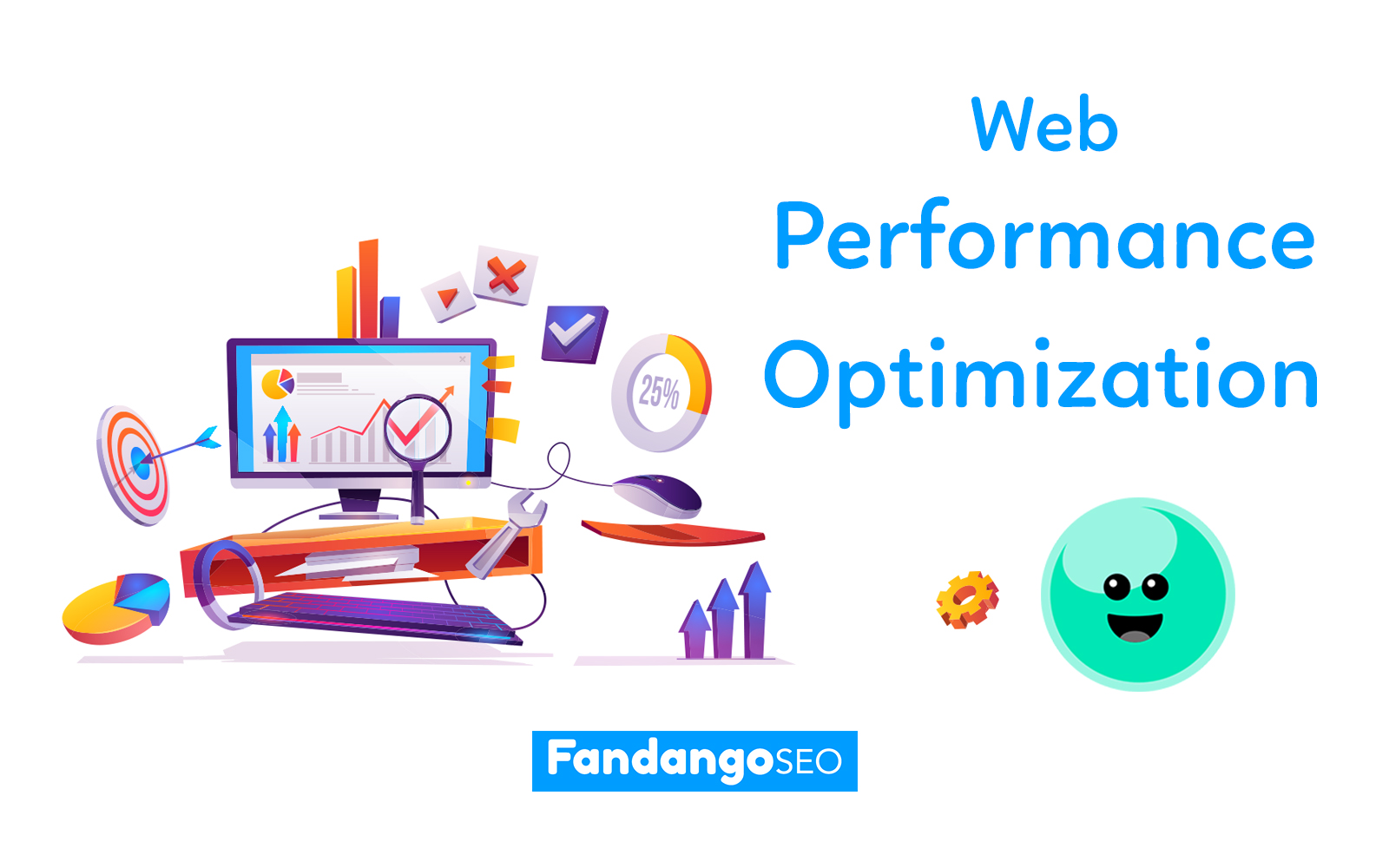Tube Rank: Your Guide to Video Success
Discover tips and insights for optimizing your video presence.
Website Snails Need Not Apply: Get Your Speed Fix
Unleash your website's potential! Discover quick tips to boost speed and leave sluggish performance in the dust.
Understanding Website Speed: Why It Matters for Your Business
In today's digital landscape, website speed is more critical than ever for businesses. Studies show that users expect a webpage to load in under three seconds, and if it takes longer, they are likely to abandon the site. This can have a significant impact on your bottom line, as research indicates that even a one-second delay in page load time can lead to a 7% reduction in conversions. Therefore, understanding and optimizing your site's speed should be a priority for enhancing user experience and maximizing revenue.
Moreover, website speed plays a vital role in search engine optimization (SEO). Search engines like Google consider page load time a crucial ranking factor, meaning that slower sites may find it harder to achieve high visibility on search results. To ensure your site is both user-friendly and competitive, consider implementing strategies such as image optimization, leveraging browser caching, and minimizing server response times. By addressing these factors, you not only enhance the user experience but also improve your chances of ranking higher in search engine results.

Top 10 Strategies to Boost Your Website's Performance
Improving your website's performance is crucial for enhancing user experience and boosting SEO rankings. Here are the top 10 strategies you can implement:
- Optimize Images: Use compressed images and appropriate formats to speed up load times.
- Minimize HTTP Requests: Reduce the number of elements on your page to decrease the amount of HTTP requests your site makes.
- Utilize Caching: Implement browser caching so returning visitors can access your site faster.
- Enable Compression: Use Gzip compression to reduce the size of your CSS, HTML, and JavaScript files.
- Optimize CSS and JavaScript: Minify and combine your CSS and JavaScript files to reduce load times.
Furthermore, consider these additional strategies to further enhance your website's performance:
- Use a Content Delivery Network (CDN): Distribute your content via a CDN to enhance loading speed for global visitors.
- Choose a Reliable Hosting Provider: Select a hosting solution that fits your site's needs, whether it's shared, VPS, or dedicated hosting.
- Implement Lazy Loading: Load images and videos as users scroll down the page, reducing initial load time.
- Regularly Update Your Website: Keeping your software up to date helps prevent slowdowns and security vulnerabilities.
- Monitor Performance: Use tools like Google PageSpeed Insights to continuously track and improve your website's performance metrics.
Is Your Website Slowing You Down? Common Pitfalls and Solutions
In the digital age, a slow-loading website can significantly impact user experience and your SEO ranking. Common pitfalls that contribute to sluggish performance include unoptimized images, excessive HTTP requests, and poorly configured hosting. Unoptimized images, for instance, can lead to longer loading times, especially on mobile devices. Ensure that your images are in the appropriate format and size, and consider utilizing tools to compress them without losing quality. Additionally, review your HTTP requests; minimizing these can drastically improve loading speeds. Each element on your page, from scripts to images, requires a request to the server, and the fewer requests made, the faster the site will load.
Fortunately, there are effective solutions to combat these issues and enhance your website's speed. First, consider implementing caching solutions to store elements of your site and serve them to users without needing to fetch them from the server repeatedly. Additionally, using a Content Delivery Network (CDN) can help distribute the load and ensure quicker access for users across various geographical locations. If you're still experiencing delays, it may be wise to invest in better hosting solutions, as a robust hosting environment can make a significant difference in performance. By addressing these common pitfalls, you can create a faster, more efficient website that keeps visitors engaged and improves your SEO standing.